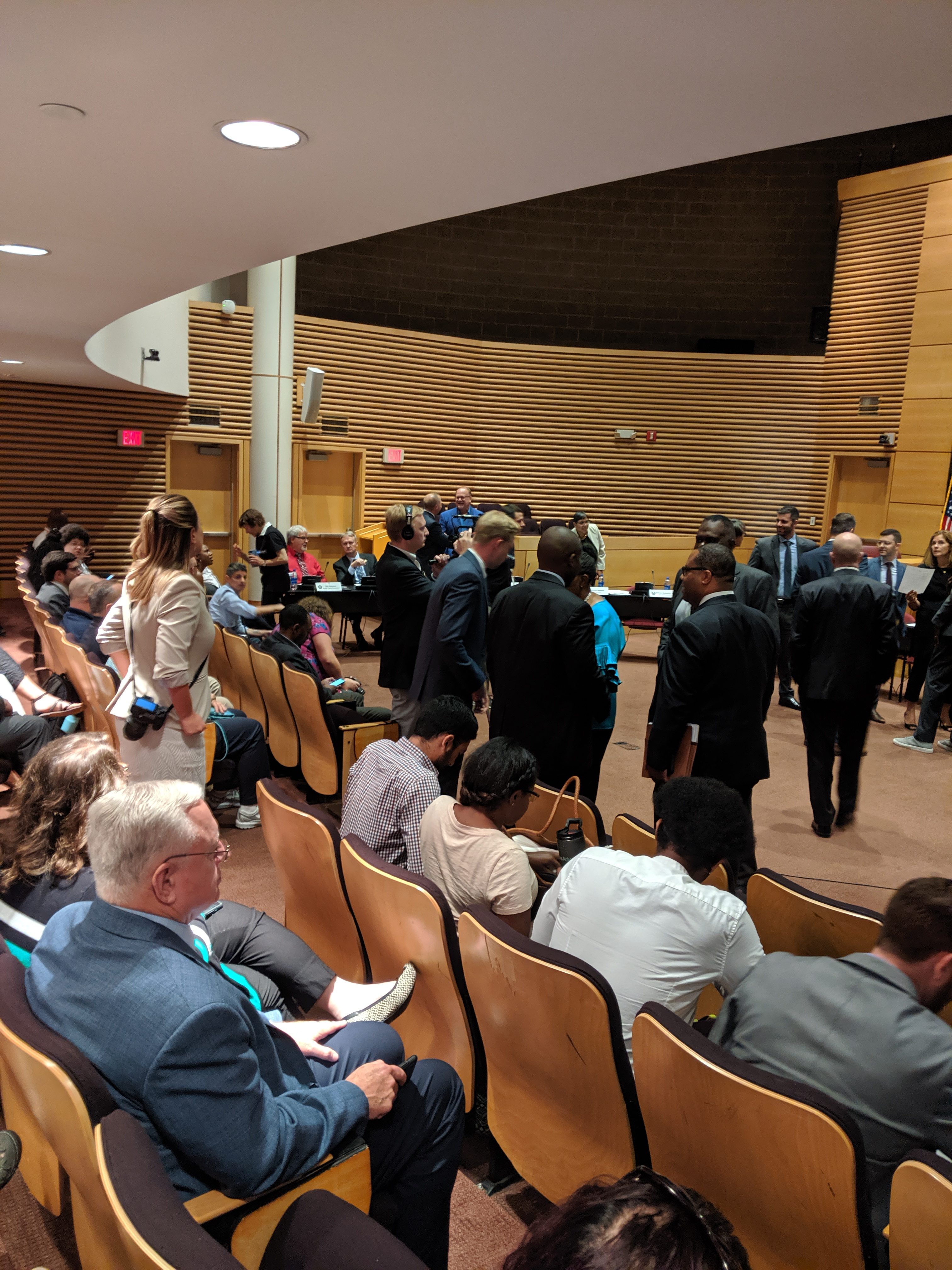In Michigan, the number of people and amount of time spent in our jails has been increasing despite historically significant declines in overall crime rates. In 2017, Michigan taxpayers spent $478 million on county jail and corrections costs.
To address this issue, in 2018, Gov. Gretchen Whitmer, joined by a bipartisan group of state and local leaders, signed Executive Order No. 2019-10 creating the Joint Task Force on Jails and Pretrial Incarceration.
Whitmer’s Executive Order explained that her goal was to create a task force that will study Michigan’s justice system and craft jail and pre-trial reform recommendations. Those recommendations are to be grounded in data and research, adhere to state and federal constitutional principles, and address both policy and budgetary changes.
Jails and prisons are different in many ways. Jails are run by counties while prisons are operated by the state. Jails generally house people who incarcerated pre-trial, people sentenced for less than one year of incarceration, and people waiting to be transferred to prison following sentencing for felonies. Prisons exclusively hold people sentenced for felonies — crimes for which the sentence is one year or more.
The makeup of the task force is diverse, including everyone from elected officials like Lt. Gov. Garlin Gilchrist II, Attorney General Dana Nessel, and State Supreme Court Chief Justice Bridget McCormack. It also includes activists and impacted people like Safe & Just Michigan board member and ARRO Advocacy Program Manager Monica Jahner; Prison Fellowship Senior Vice President Craig DeRoche; and Detroit Justice Center Founding Executive Director Amanda Alexander.
On July 24, the task force met for the first time, holding a public meeting at the Spencer M. Partrich Auditorium on the campus of Wayne State’s Law School.
The meeting started with Michigan’s Speaker of the House Lee Chatfield welcoming everyone to the task force meeting. Each task force member took a few minutes to introduce themselves to the crowd of around 50 interested spectators and journalists.
Alexander, during her introduction said that, “Incarceration is always a policy failure,” and suggested that including impacted voices was critical to creating real change.” She added, “When people turn personal pain into collective gain, they change the course of history”
A background document released after the first meeting states why the task force focused on jails and pretrial incarceration. “For several years, Michigan has been making progress on reforms that affect state prisons. Now they’re turning their attention to county jails.”
Washtenaw County Sheriff Jerry Clayton concluded that one area that the task force could focus on is diversion, or alternatives to incarceration, “A large number of people should not be in jail,” he said.
The Pew Charitable Trusts were invited to help collect and analyze jail data from across the state in order to better drive effective policy suggestions by the task force. The second half of the initial meeting involved a summary presentation of currently available data by the Pew team.
The task force will meet publicly five more times. The next meeting will be in Traverse City on Aug. 23 at 9.30 a.m, and Safe & Just Michigan will be there.
Safe & Just Michigan fully supports the important ongoing work of the Joint Task Force on Jails and Pretrial Incarceration.
~Josh Hoe
Policy Analyst

